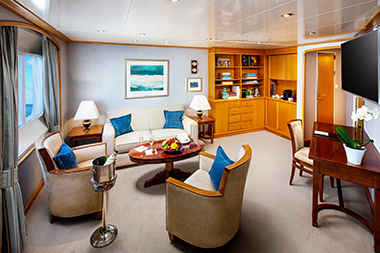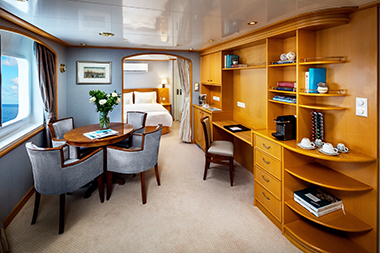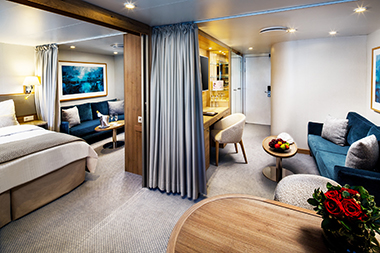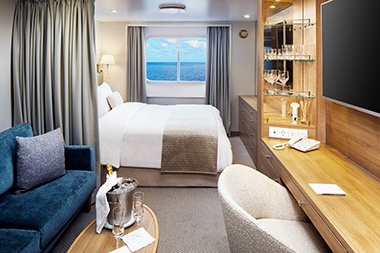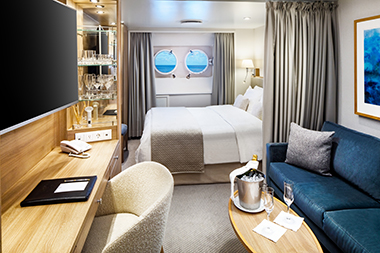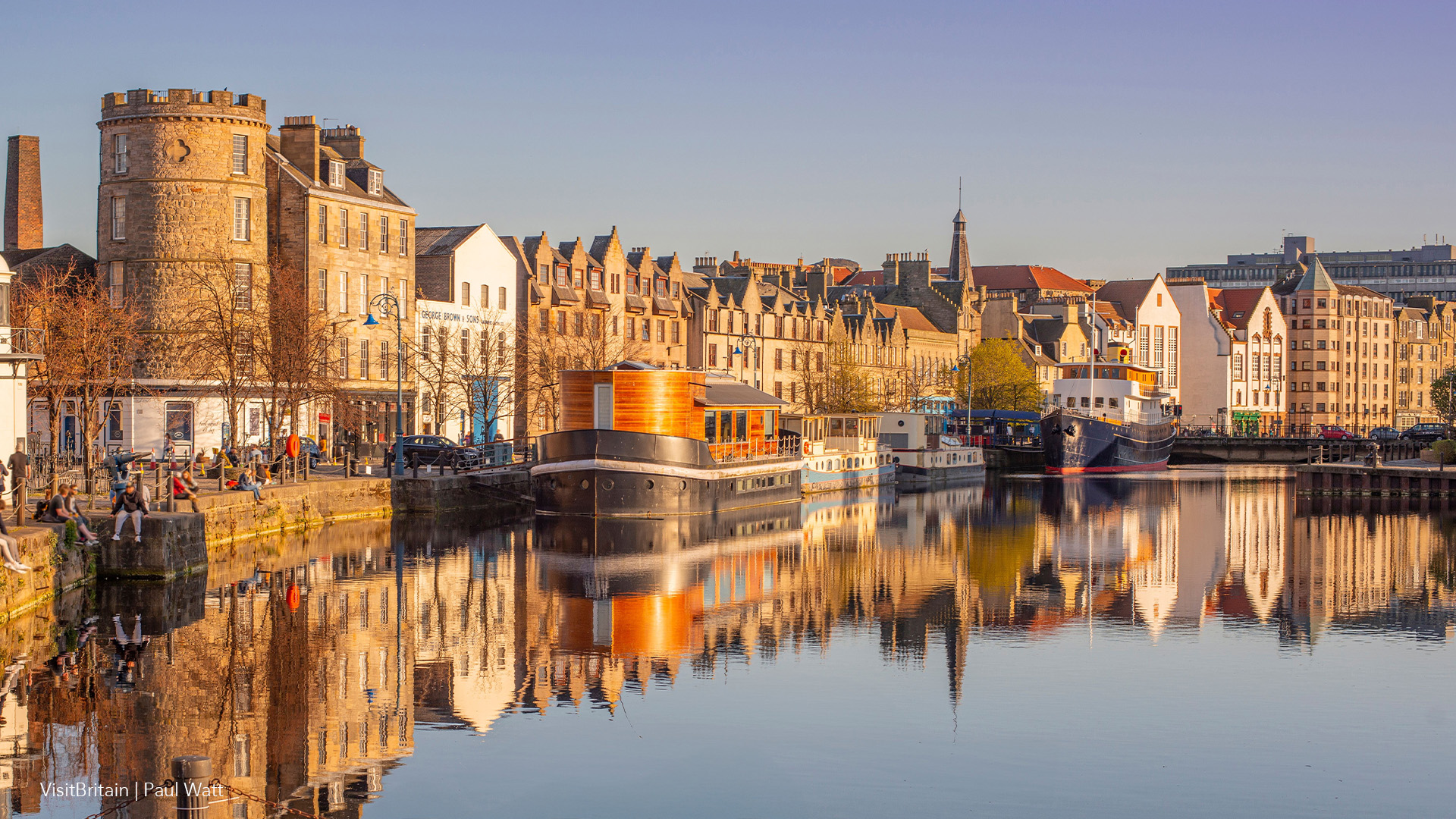
Scotland’s hilly capital of Edinburgh is renowned for its history, cultural richness, and architectural majesty. Walk in the footsteps of kings and queens at Edinburgh Castle, perched atop Castle Rock, home to Scotland’s crown jewels and the Stone of Destiny. The Old Town’s distinctive medieval layout, with its narrow streets and hidden courtyards, sets it apart from the planned elegance of Georgian New Town, together a UNESCO World Heritage site. Explore the Old Town’s historic Royal Mile and climb Arthur’s Seat, a hilltop in the 640-acre royal park that offers panoramic views of the city. Visit the National Museum of Scotland and Holyrood Palace, the official residence of the British monarch in Scotland.
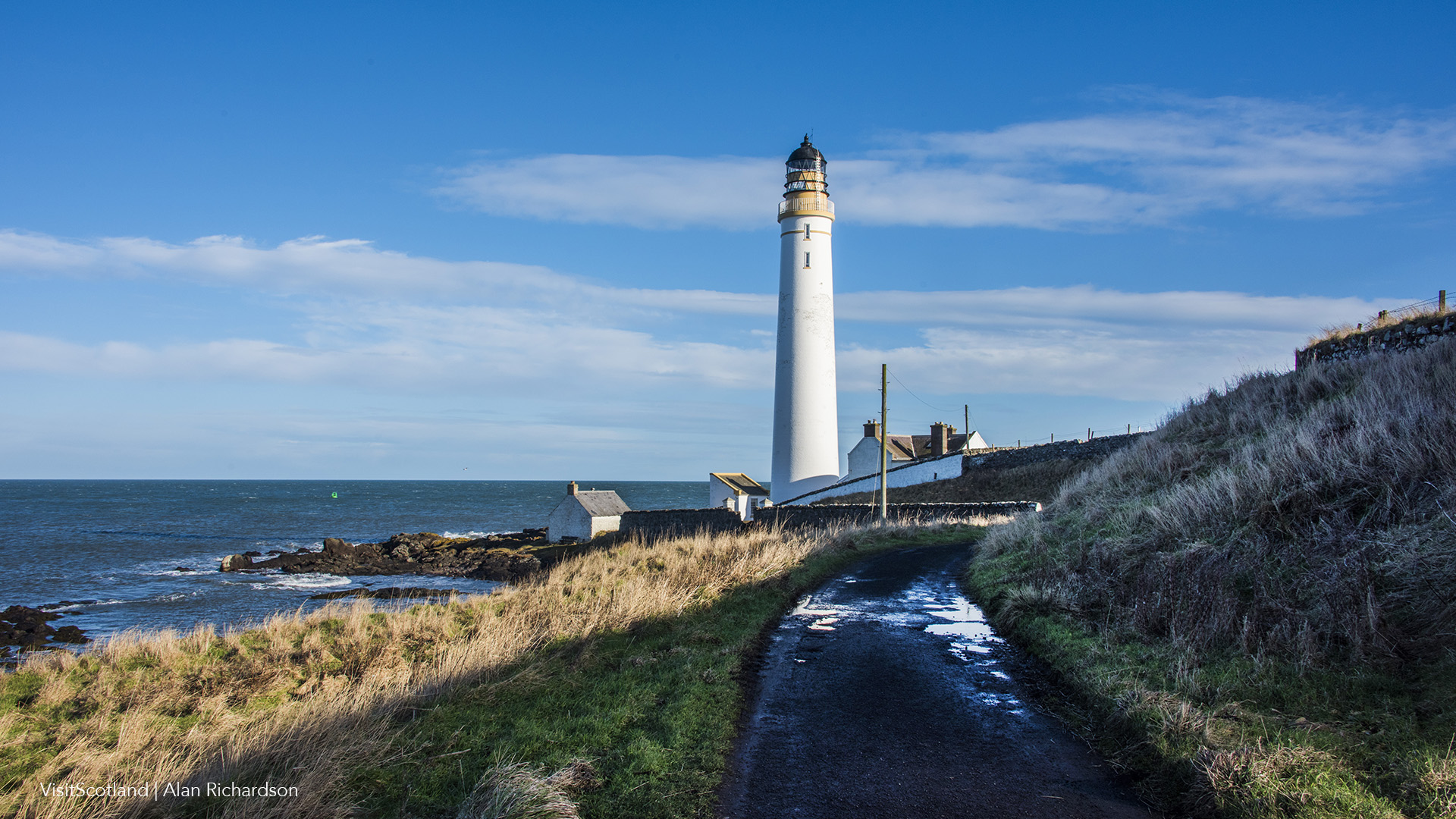
A vibrant city on the east coast of Scotland, Dundee boasts more hours of sunshine than any other Scottish city, shining on an abundance of green spaces. Nicknamed the “City of Discovery,” in 2014 Dundee was recognized by the United Nations as the United Kingdom’s first-ever UNESCO-awarded City of Design. Whether you are a history buff, a cultural enthusiast, or nature lover—or all three—Dundee offers a unique glimpse into Scotland. Wander the 400-acre Camperdown Country Park, dotted with neoclassical architecture and over 190 tree species. Engage in outdoor activities, including hiking and golfing, with easy access to St. Andrew’s Golf Course, where golf has been played for six hundred years. Dundee’s redesigned waterfront features the nautical museum Discovery Point, featuring the Royal Research Ship (RRS) Discovery, Captain Scott’s Antarctic expedition ship, and the nineteenth-century warship HM Frigate Unicorn. Galleries and art museums include the McManus Gallery, Verdant Works, and V&A Dundee, dedicated to Scottish design achievements and marked by an exterior that mimics of the cliffs of East Scotland. A walk around Dundee reveals quaint pubs and taverns, offering a selection of beer, whiskies, Scotch pies, and bangers and mash.
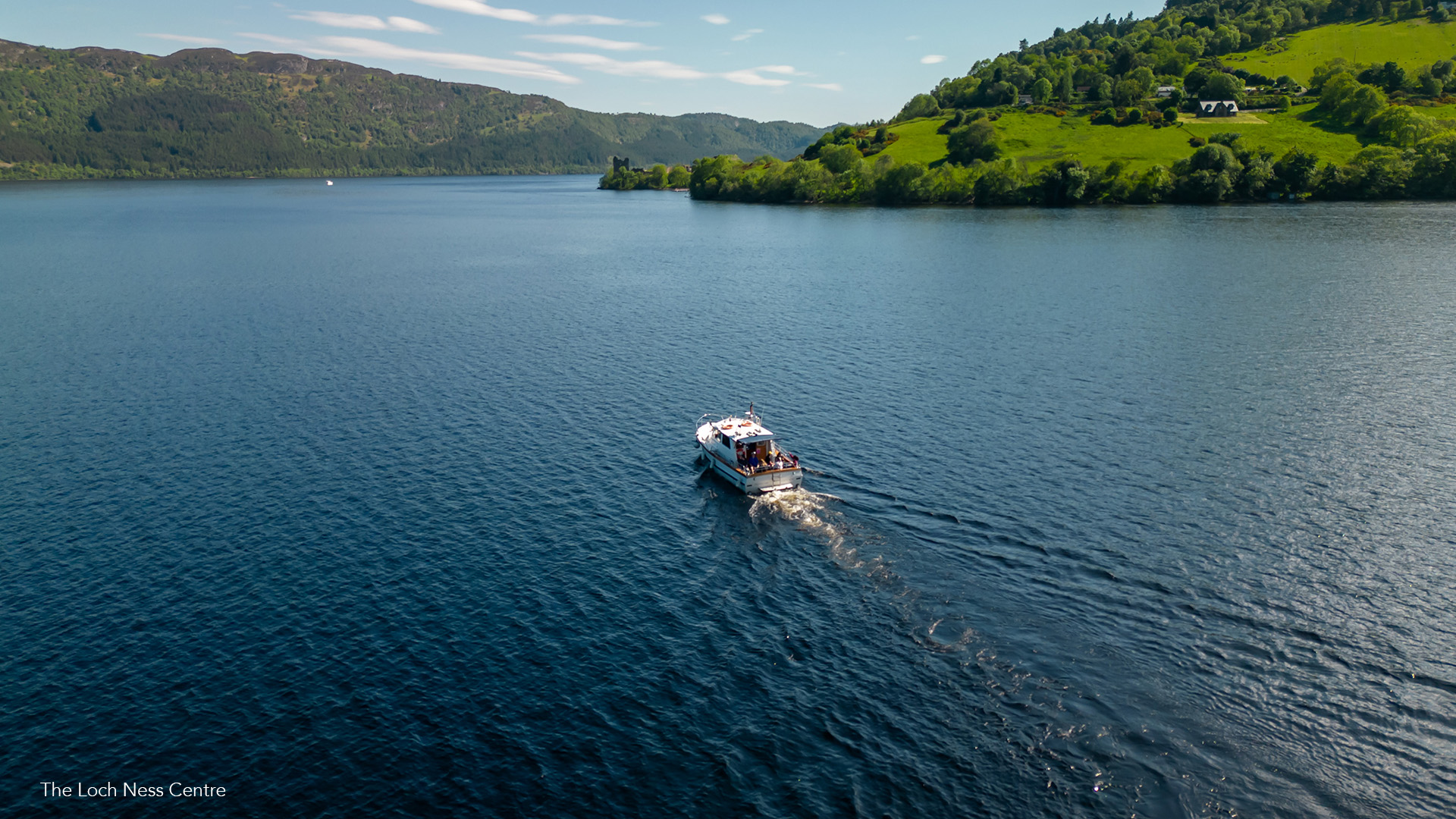
Sitting pretty on an inlet in the North Sea, with stunning views of the western Beins and Black Isle, Invergordon was established by the Gordons of Invergordon Castle in the early 1800s. It became a Royal Navy base in 1913 and played a prominent role in World War I and World War II to which the Invergordon Naval Museum & Heritage Center pays tribute. Outside of its lovely harbor and maritime history, Invergordon is the gateway to the Scottish Highlands, a region defined by Loch Ness Lake the legend of the mythical Loch Ness creature. Scenic walking trails abound, including the Invergordon Mural Trail, decorated by murals painted by local artists, and the Saltburn Woodland Walk. Visit the impressive Dunrobin Castle, one of Britain’s oldest continuously inhabited houses and the largest in the Northern Highlands, and along the way explore local distilleries and sample different whiskies.
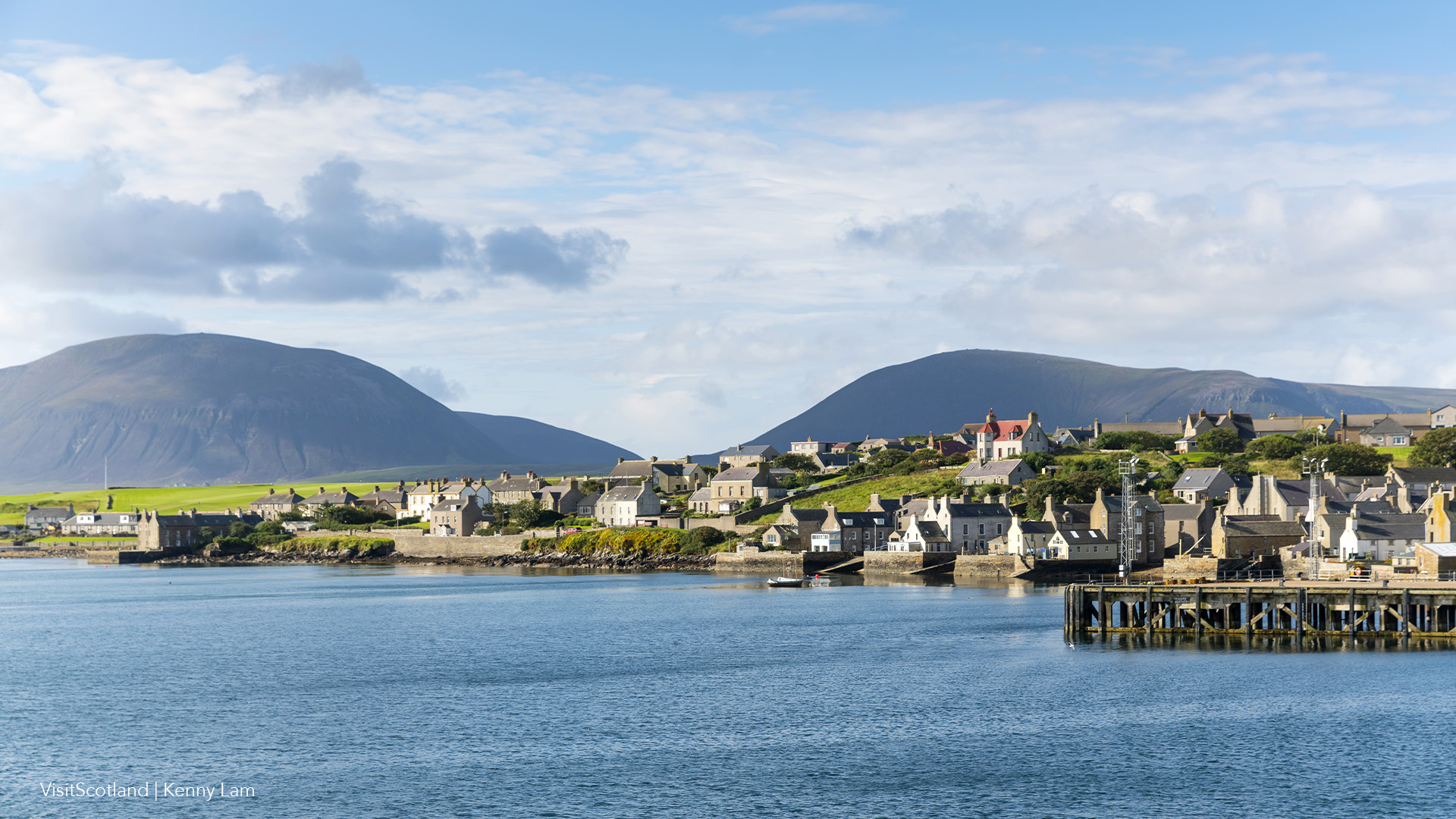
With seemingly unending miles of coastline and beautiful natural backdrops to explore, the Orkney Islands archipelago lies on the rugged northern tip of Scotland. Ideal for yachting, walking, hiking, and cycling, many of the islands along these shorelines are uninhabited. Stromness enjoys a rich maritime history, notably as a safe haven for ships during the Viking era and a popular fishing port for whaling and herring. Visit St. Magnus Cathedral, founded in 1137 by the Viking Earl Rogvald, and the Highland Park Distillery, one of the oldest working whisky distilleries in Scotland. Stromness is your gateway to Skara Brae, a remarkable site of stone houses built into earthen mounds up to 5,000 years old, and the Ring of Brodgar, a UNESCO World Heritage site of 27 standing stones that form a circle in the Orkney mainland’s rolling hills and lochs.
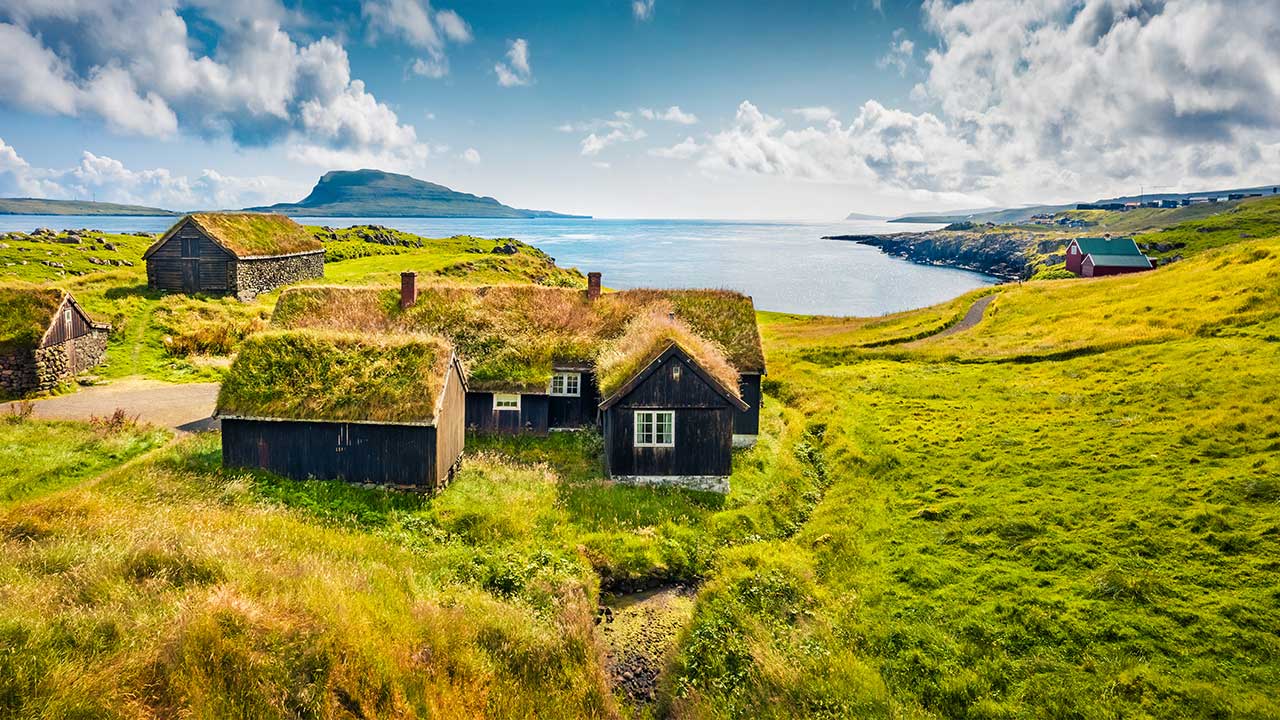
This remote archipelago of eighteen islands is truly removed from time, defined by a dramatic landscape with steep cliffs, waterfalls, and green hills, making it the perfect destination for kayaking, hiking, and biking. As a result of its isolation, the Faroese language is considered by many to be the closest to the original Viking language. SeaDream calls on Torshavn (in Faroese, “Thor’s Harbor”), named after the Nordic god of thunder, Thor. Its quaint Old Town is lined with wooden turf-roofed houses and boasts the iconic Tórshavn Cathedral, restaurants, and upscale boutiques. Northern Europe’s best-kept secret is your gateway to the Faroe Islands.
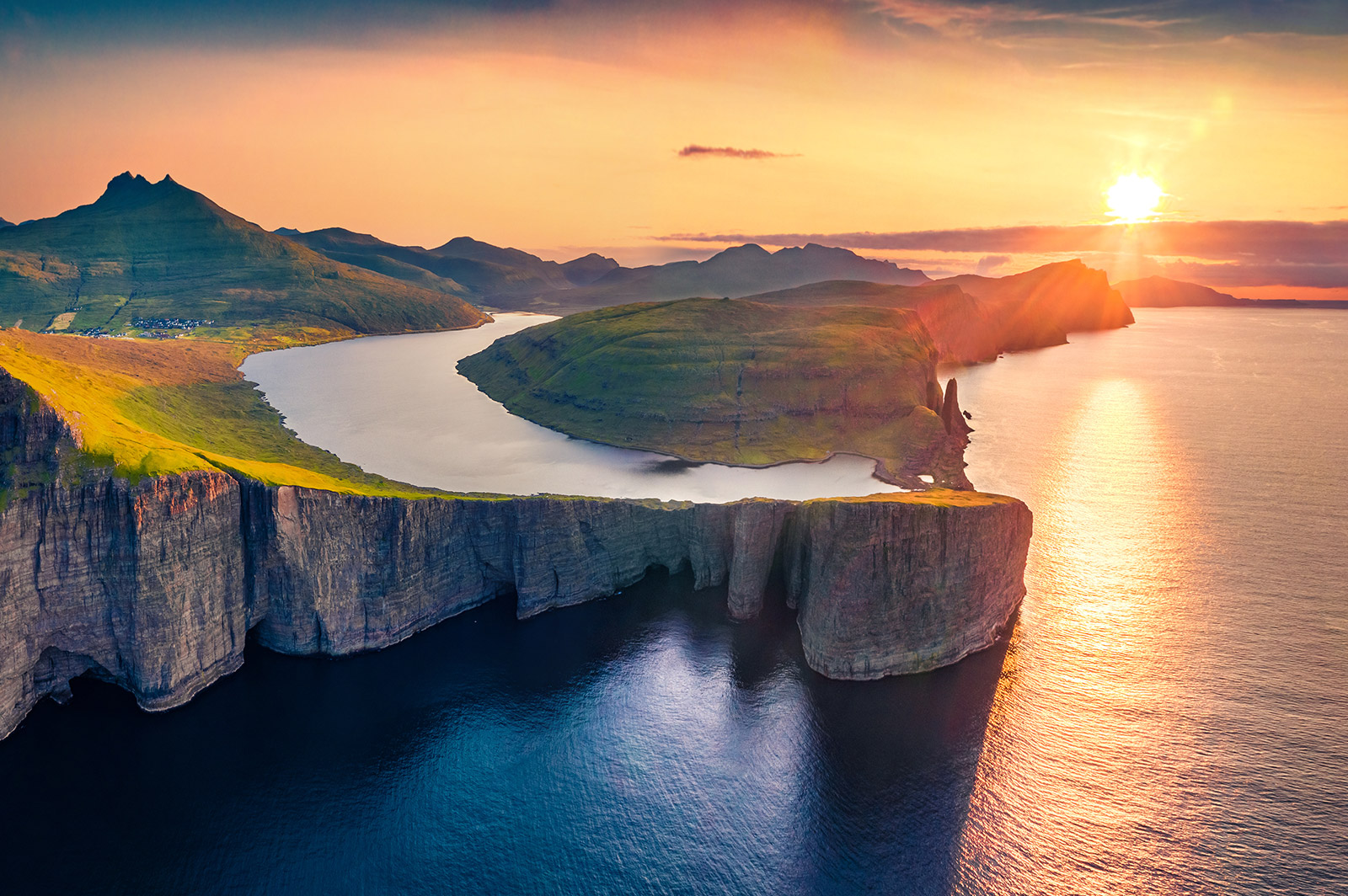
The remote archipelago of 18 islands known as the Faroe Islands is truly removed from time. As a result of its isolation, the Faroese language is considered by many to be the closest to the original Viking language. SeaDream calls on Vágur, a fourteenth-century red-roofed town on the island of Suðuroy, on the Vágsfjørður fjord, defined by its Múlafossur Waterfall that drops over 100 feet into the North Atlantic Ocean. In Vágur, visit churches and cathedrals, peruse art galleries and museums, and connect with nature as you kayak or canoe.
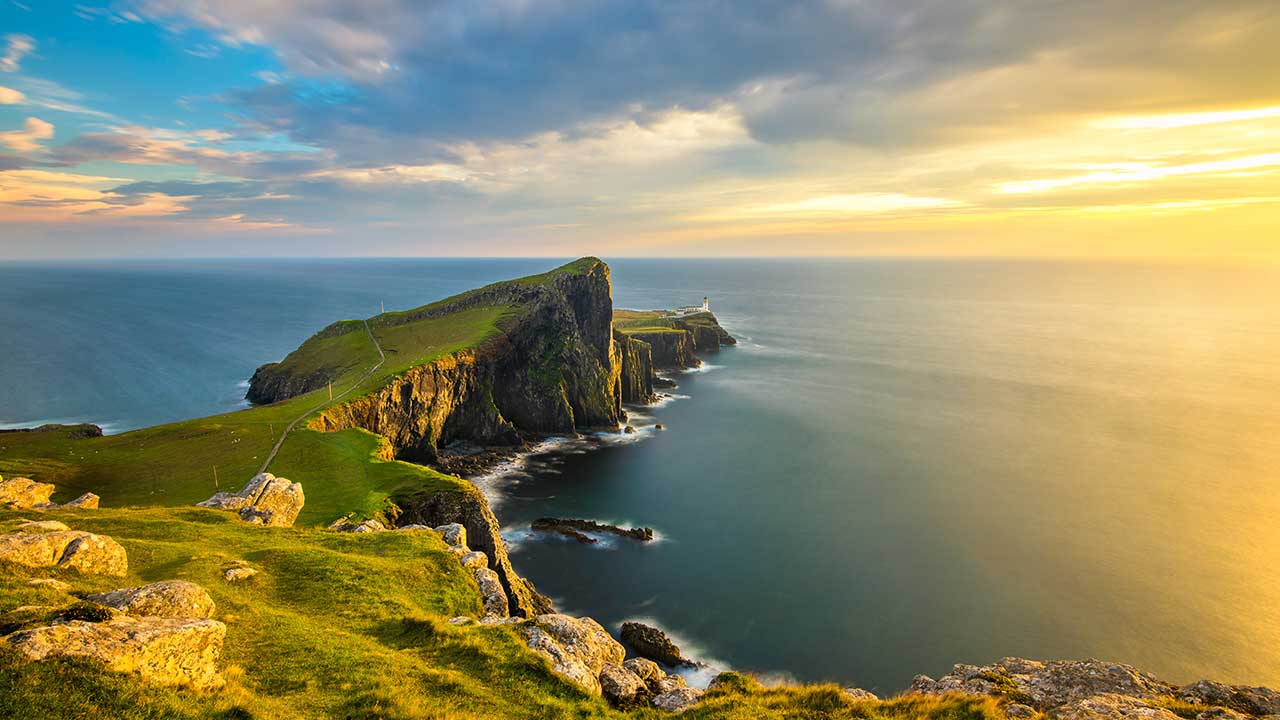
The northernmost island in the Inner Hebrides of Scotland, the Isle of Skye is defined by its rugged landscapes, medieval castles, picturesque fishing villages, and otherworldly natural landscapes—grassy moors, steep glens, tumbling waterfalls, rivers, sparkling mountainsides and pristine harbors, inviting exploration.
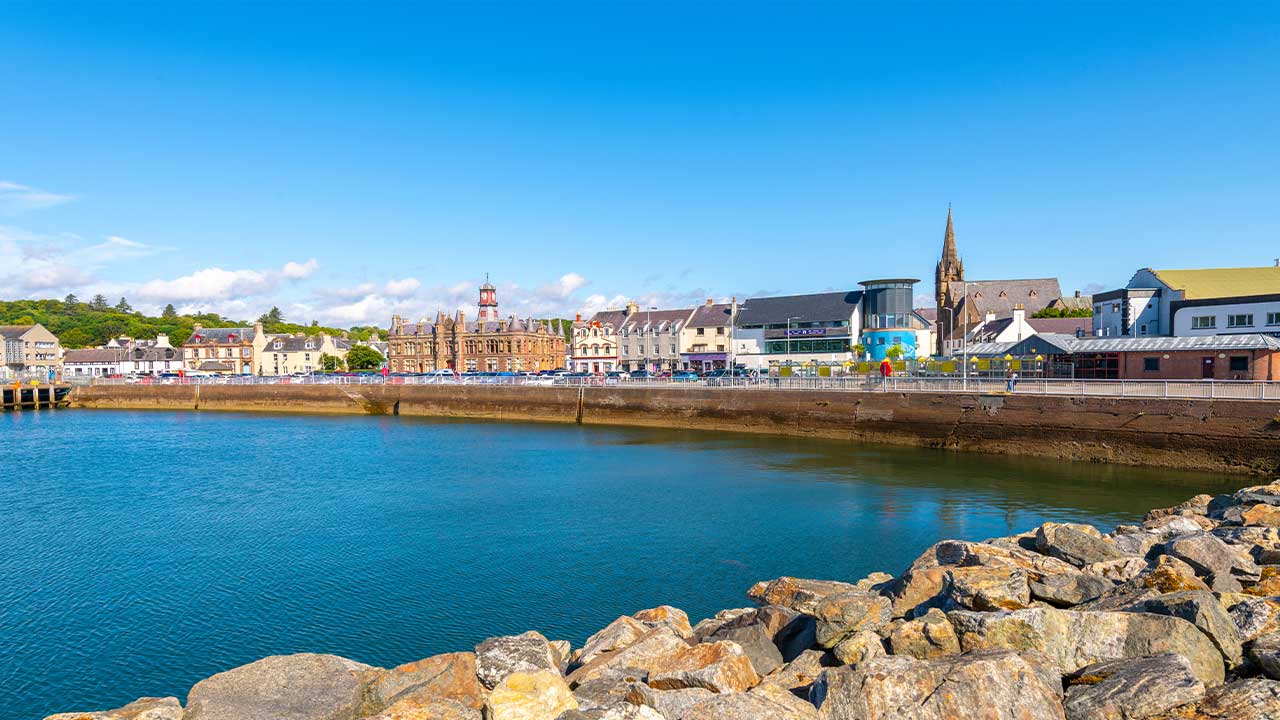
Known for its rugged coastline, stunning white beaches, wild mountainous terrain, and rich history, Isle of Lewis is the perfect yachting destination for travelers looking to explore Scotland’s natural beauty and Gaelic cultural heritage. The largest of the inhabited islands in the Outer Hebrides, Isles of Lewis is defined by its sandy beaches backed by dunes and machair on the west coast, giving way to an expansive peat-covered plateau in the center of the island. The eastern coastline is markedly more rugged and is mostly rocky cliffs, interrupted by small coves and beaches. Explore the ancient Callanish Standing Stones, one of the most significant archaeological monuments in the Outer Hebrides.
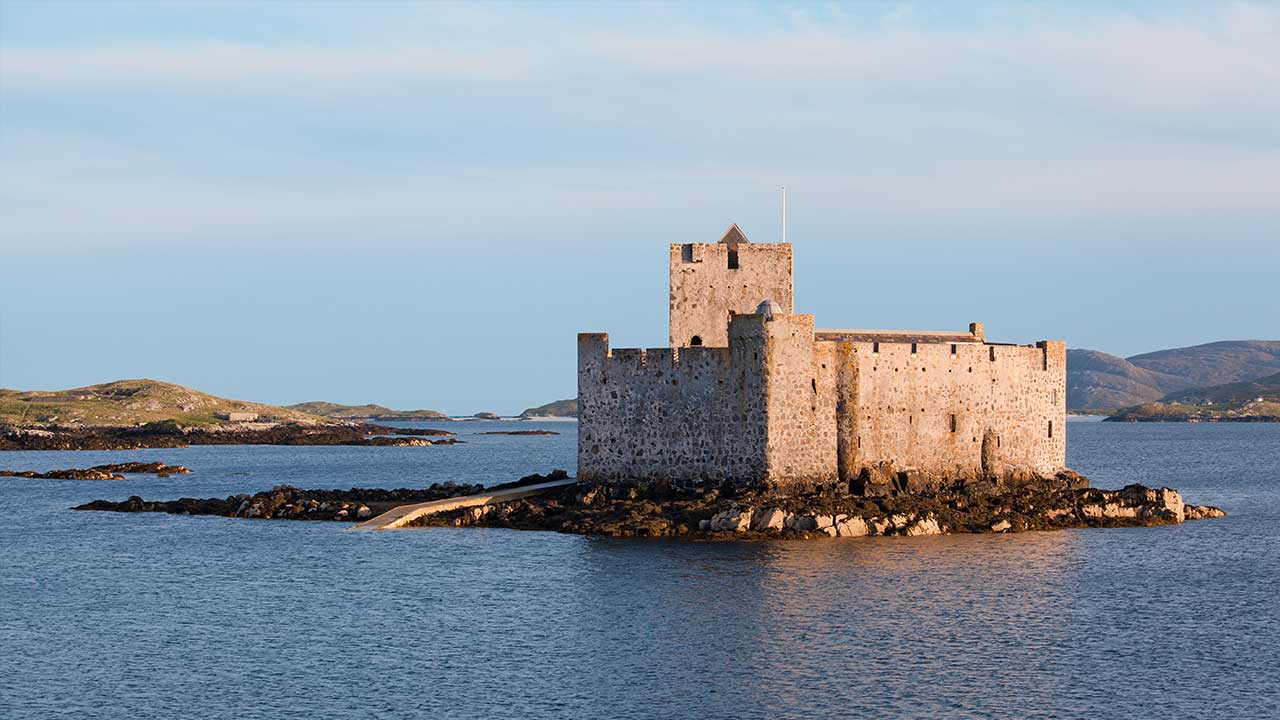
Barra is the most southerly of the inhabited islands in the Outer Hebrides, heralded for its serene beaches, stunning green hillsides, machair and moor. Like its neighboring islands of Uist, Lewis, and Skye, the Isle of Barra is pre-Norse and presents a remote, otherworldly quality. From its white-sand beaches on the north side to the rocky inlets on the southeast side, the Isle of Barra exudes a raw, untamed beauty. At just eight miles long and five miles wide, Barra is easy to explore, its Barra Head Lighthouse welcoming visitors since it began operating in 1833. Kisimul Castle, an impressive 11th- century fortress, sits on a small rocky island in Castlebay Harbor. Barra is a coveted destination for outdoor enthusiasts, offering snorkeling, kayaking, paddleboarding, and beach-going opportunities. The highest point on the island, Heaval, provides a particularly distinct vantage point, boasting views of the coastline, perfect for hikers and birdwatchers.
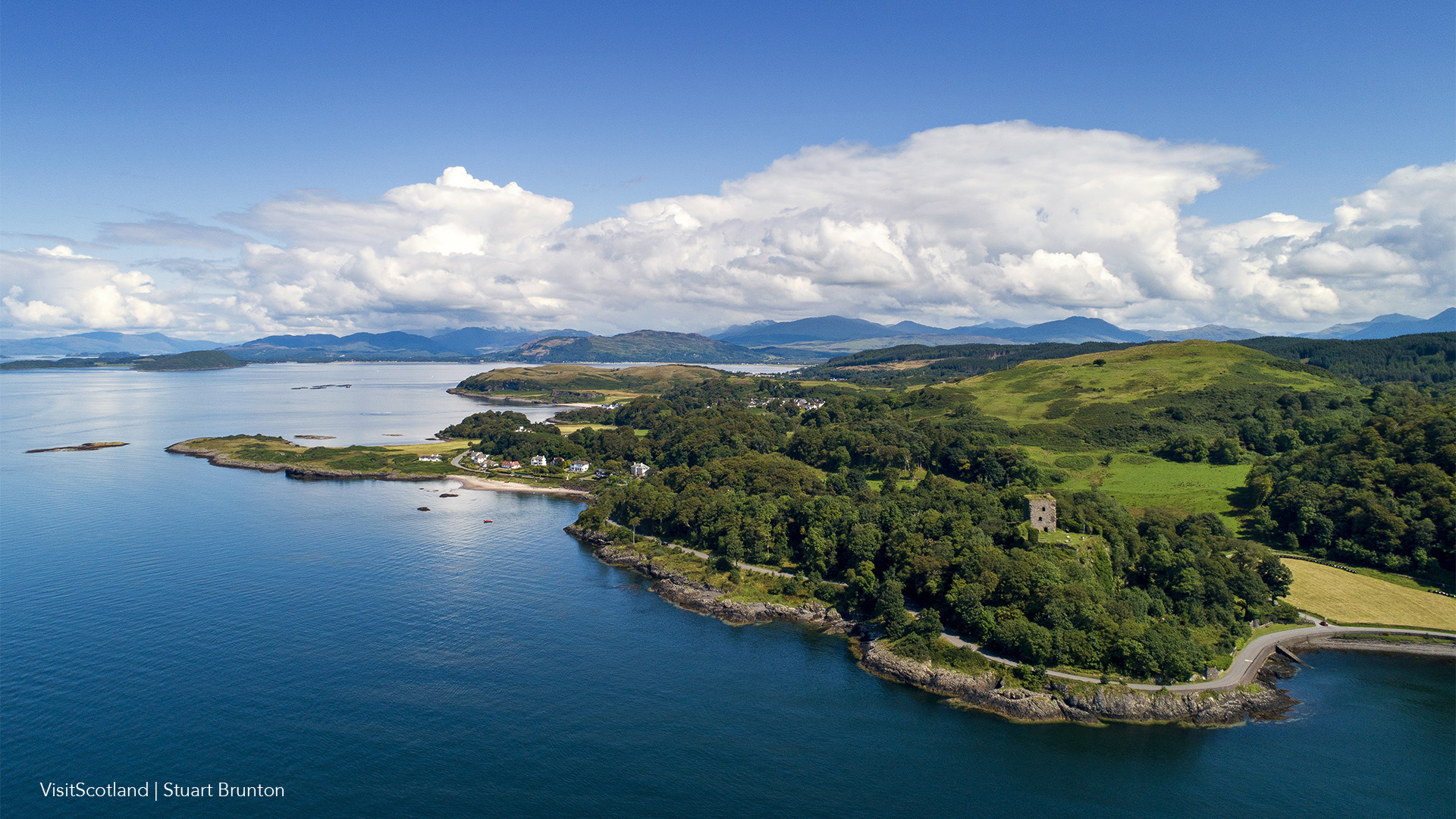
A resort town sitting on the west coast of Scotland in the Firth of Lorn, Oban (in Gaelic, meaning “Little Bay”), charms with its natural beauty. The horseshoe-shaped bay is protected by the island of Kerrera and, beyond that, the Isle of Mull, making it perfect for watersports such as kayaking, canoeing, and fishing. The town grew up around the distillery, founded in 1794, which whisky enthusiasts still visit today. Despite its small size, Oban is known as the “Seafood Capital” of Scotland, serving up fresh seafood in its pubs and restaurants. McGaig’s Tower, a circular tower built from Bonawe granite in 1897, stands on Battery Hill and overlooks the islands of Kerrera, Lismore, and Mull. Just outside the town, visitors find thirteenth-century Dunollie Castle, standing on a rocky ridge overlooking Oban Bay. North of Oban, the natural rock formation of Fingal’s Dogstone is closely tied to Celtic mythology as the location where the giant Fingal would leave his Dog Bran while hunting across the Hebridean Islands.
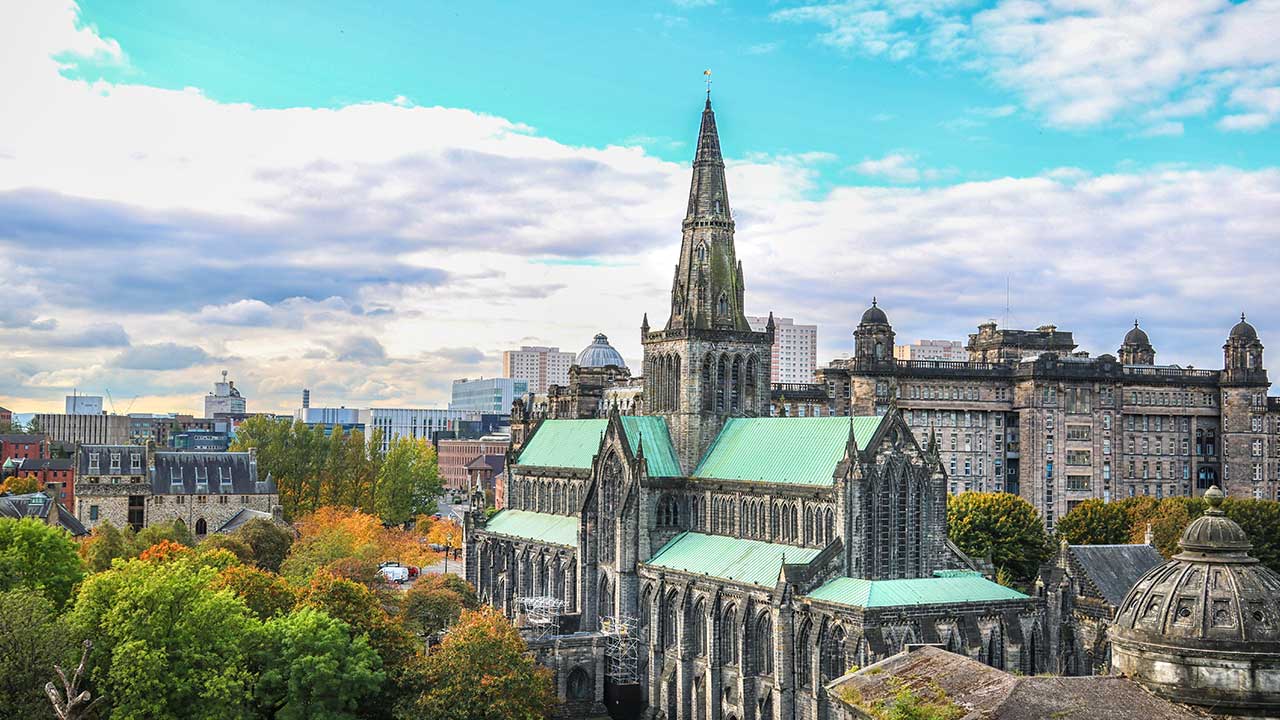
Sitting along the banks of the Clyde River, Glasgow is one of Northern Europe’s most endearing and culturally vibrant cities, boasting a variety of art and museums, galleries, luxe restaurants, and pubs. The city’s Gaelic name, Glaschu, fittingly translates as “dear green place.” Glasgow boasts an incredible architectural heritage, ranging from medieval times to the Victorian and Art Nouveau eras, set within a city full of abundant parks and green spaces, making it ripe for exploration. Glasgow is also home to Scotland’s national opera, ballet, and theater companies and is a UNESCO City of Music, presenting a lively music scene. Defined by a strong sense of community and welcoming ambiance, the dynamic city shines for diversity, from the city’s artsy West End to historic East End, home to the 12th-century Gothic Glasgow Cathedral.
Suites & Staterooms
Admiral Suite
From: $ 38,069*
Commodore Suite Deck 2
From: $ 32,769*
Yacht Club Stateroom Deck 2
From: $ 16,769*
*Single Supplement for this voyage is 200% for Yacht Club Deck 2, 3 and 4. For Commodore, Admiral and Owners Suite, a 200% single supplement rate applies.
Government, Port, Document Issuance, Handling & Service fees: $770 per guest (included)
Please Note: Fares are capacity controlled and may change without notice. The fares are per person based on double occupancy. Single and third person rates are also available. SeaDream Yacht Club strongly recommends that all guests purchase travel insurance.
Yachting Land Adventures & Activities
Please check back soon for updates.
Testimonials
You have delivered us a honeymoon beyond our wildest dreams. Thank you so much, truly. Katie C.California
This was the best small ship cruise we have undertaken and thoroughly enjoyed the experience. We would certainly recommend Seadream and intend [to] return in the future. Mr. & Mrs. CowieEngland

